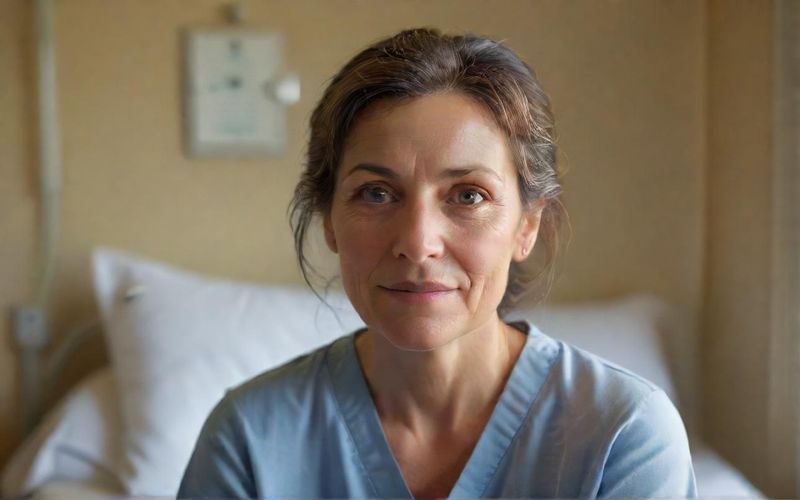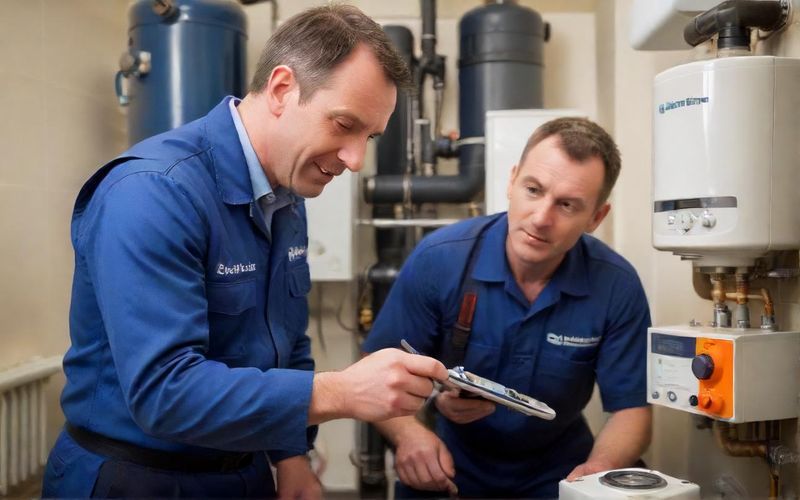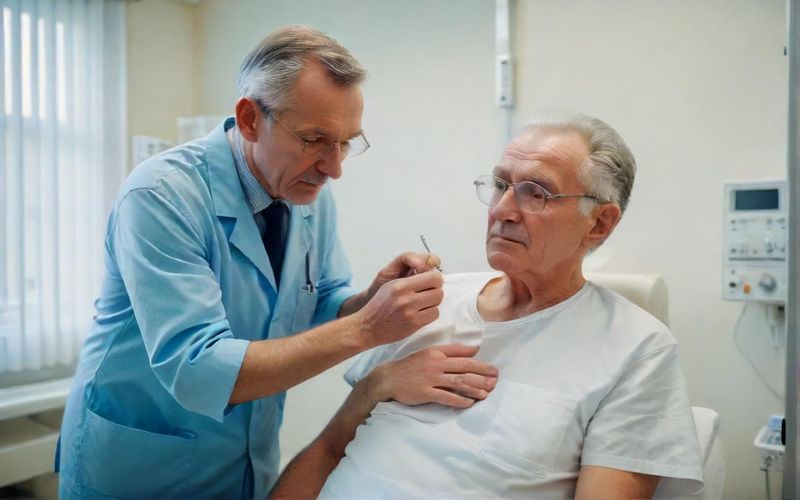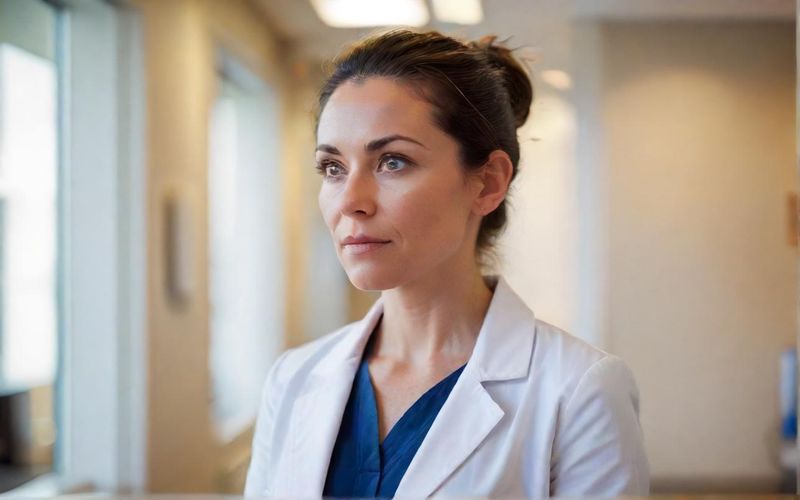Sarcoma Care: Urgency Meets Expert Collaboration
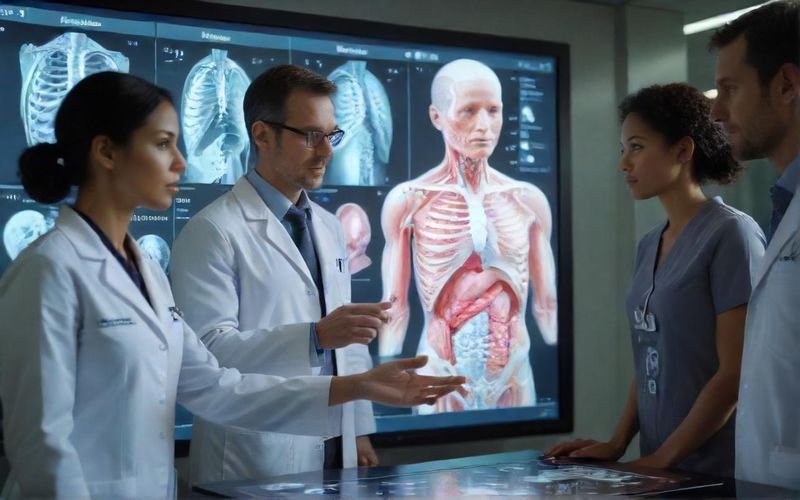
Recently, the 7th CUHK Sarcoma Masterclass was held in Hong Kong, bringing together over 80 attendees in person and many more online. It’s heartening to hear about such gatherings, especially when they foster collaboration across regions, like the partnership between Hong Kong and Guangzhou. As Clinical Associate Professor Herbert Loong shared, the event aims to bolster collaborations within the Greater Bay Area, highlighting a collective effort to advance understanding and treatment. These events, supported by industry sponsors, are vital for sharing knowledge and developing new strategies in the fight against diseases like sarcoma.
This focus on specialized care and collaboration is something echoed in the experiences shared by patients and institutions like MD Anderson Cancer Center. One individual recounted seeking a second opinion there for prostate cancer, partly because his wife has been undergoing treatment for a rare soft tissue sarcoma since 2023. He was astounded by the efficiency, the remarkable expertise of the staff, and the palpable kindness he encountered. The advanced imaging capabilities, for instance, are described as being like upgrading from an old tube TV to a crystal-clear 4K screen, revealing details that might otherwise be missed.
Yet, even with the most advanced centers and dedicated professionals, the journey can be challenging. Research published in the Journal of Surgical Oncology shed some light on this, suggesting that while dedicated multidisciplinary clinics for sarcoma may not always drastically shorten the time to treatment initiation, they are associated with a greater likelihood of patients receiving multimodal therapy. This indicates that the *way* care is delivered, even if not always faster, can be more comprehensive. The article points out that reasons for delays can be varied, from needing further diagnostics to patient- or social factors, and sometimes even the logistical hurdles of traveling for specialized care.
It makes you wonder, doesn't it? How do we best balance the inherent urgency of a cancer diagnosis with the need for thorough, specialized, and collaborative care?

